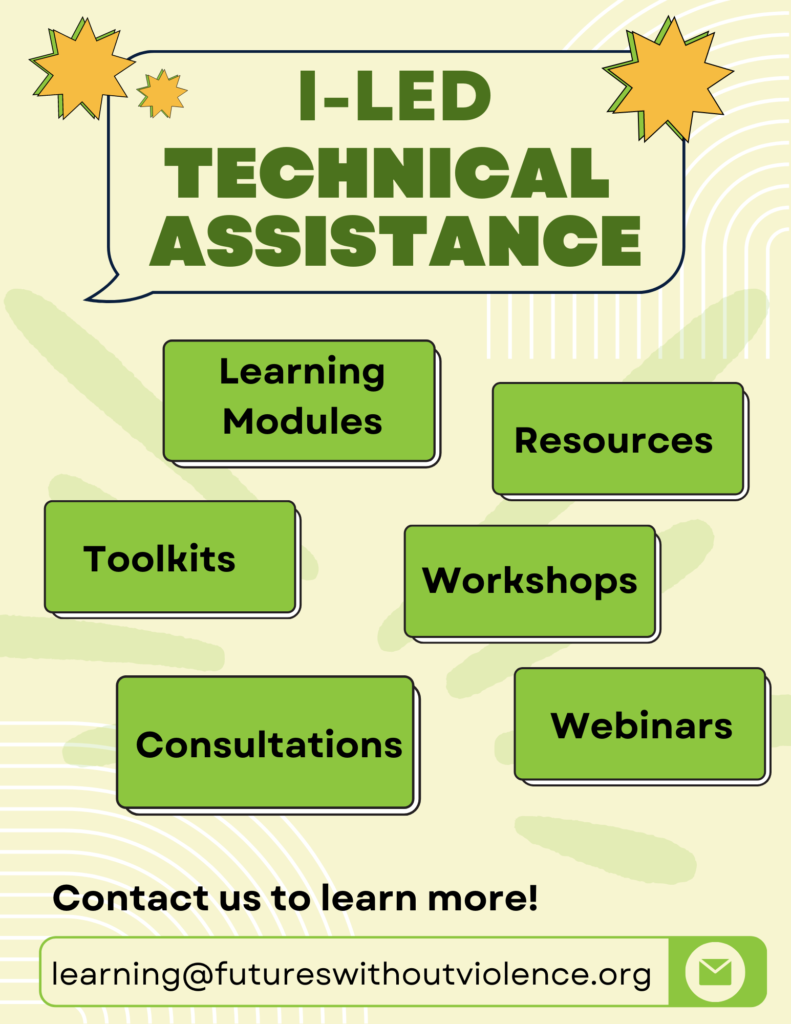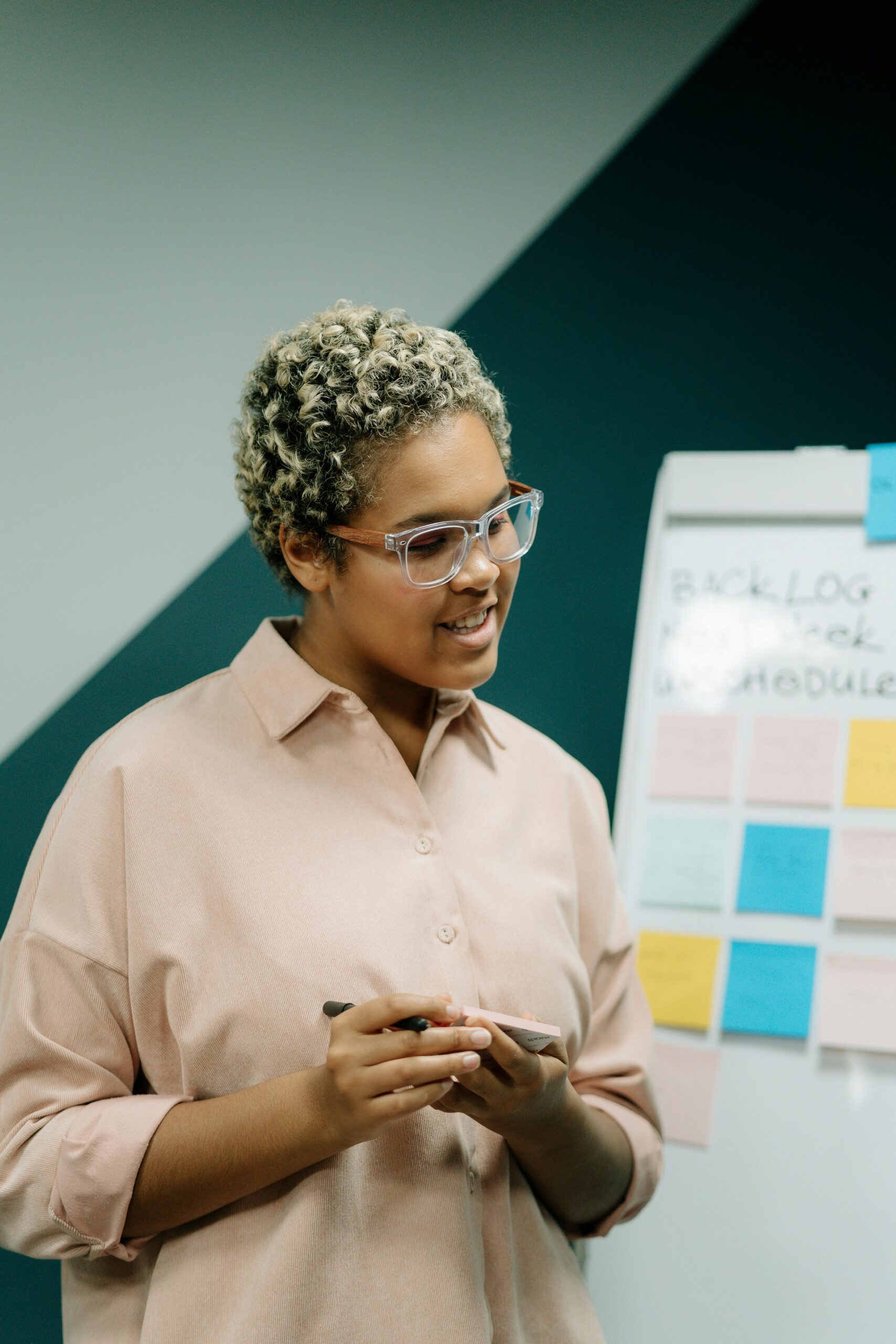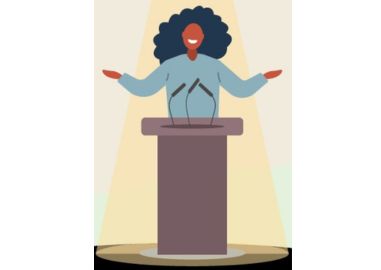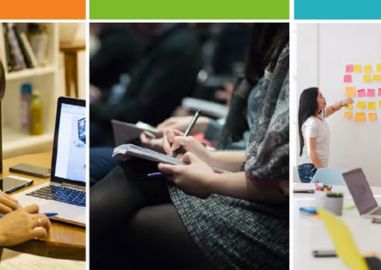About the Institute
 The Institute for Leadership in Education Development (I-LED) offers hands-on workshops and technical assistance to help U.S. Department of Justice Office on Violence Against Women (OVW) grantees to enhance the relevance and effectiveness of training and education programs supported by OVW, and improve the capacity of OVW grantees to design and deliver well-organized, accessible, highly-interactive training and education for their constituents.
The Institute for Leadership in Education Development (I-LED) offers hands-on workshops and technical assistance to help U.S. Department of Justice Office on Violence Against Women (OVW) grantees to enhance the relevance and effectiveness of training and education programs supported by OVW, and improve the capacity of OVW grantees to design and deliver well-organized, accessible, highly-interactive training and education for their constituents.
I-LED workshops reach national, multidisciplinary audiences of OVW grantees and their constituents, including advocates, attorneys, social workers, visitation center staff, volunteer coordinators, judges, and other professionals who engage in program design and/or faculty service.
Principles of Adult Learning
I-LED programs are all designed based on the following principles of experiential adult learning:
- Learning is a continuous process and not just a final outcome.
- All learning involves building upon previous knowledge.
- Conflict, differences, and disagreement are catalysts for learning.
- Learning requires the integration of thinking, feeling, perceiving, and behaving.
- Learning involves incorporating new experiences into existing understanding and adjusting existing understanding based on new experiences.
According to this approach, knowledge is not simply transmitted from the instructor to the learner in a one-way fashion, as is often the case in traditional education. Instead, knowledge is actively created and recreated within the learner’s personal understanding.
I-LED Training Topics
- Faculty Development Workshop, November 4-6, WASHINGTON, DC (2.5 days in-person and custom abbreviated virtual options are available). This workshop engages participants in the process of planning an educational program with an emphasis on learning how to facilitate effectively. APPLY by September 17.
- Distance eLearning Course (7-week virtual course–fully asynchronous.) This workshop focuses on assisting grantees to design and deliver interactive virtual educational offerings on a budget. REGISTER HERE.
- Educational Program and Curriculum Design (EPCD) Workshop (7-week virtual course).
This workshop focuses on the detailed process of designing a program and creating a training or curriculum outline. - Effective Meeting Facilitation Skills Workshop (1.5 days in-person). This workshop is designed to enhance your meeting facilitation and decision-making process skills. From agenda development and creating inclusive and accessible environments to managing power dynamics, participants will learn techniques for navigating conflict and gain valuable insights and skills to lead effective meetings and make collaborative decisions.
- Curriculum Sprint (virtual). This workshop offers intensive support from experienced adult educators, aiming to enhance the design and delivery of your curriculum. Faculty will support participants to examine the quality, relevance, engagement, clarity, applicability, flexibility, and inclusivity of their content.
Learn more about I-LED and our training and technical assistance.
Resources
I-LED has developed many resources to improve training and education. Many are now available in the Resource Library on this website. Choose the option for “Training” in the drop-down menu.
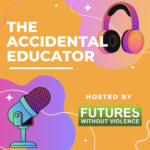
Our podcast, The Accidental Educator, is for advocates who want to change how we teach about domestic and sexual violence. Follow along on topics including “How to Make a Podcast” with our host, Abby, as she learns how to get started with pre-production and planning, what gear she needs, how to use audio editing platforms, and how to edit the episode into a cohesive story. We also talk with local domestic and sexual violence programs about their podcasting strategies and how they make their podcasts relevant to communities.
The podcast is available on all streaming platforms.
In addition, our online learning modules include:
Technical Assistance
Please reach out to learning@futureswithoutviolence.org to request technical assistance and/or for more information about our upcoming trainings and TA.
